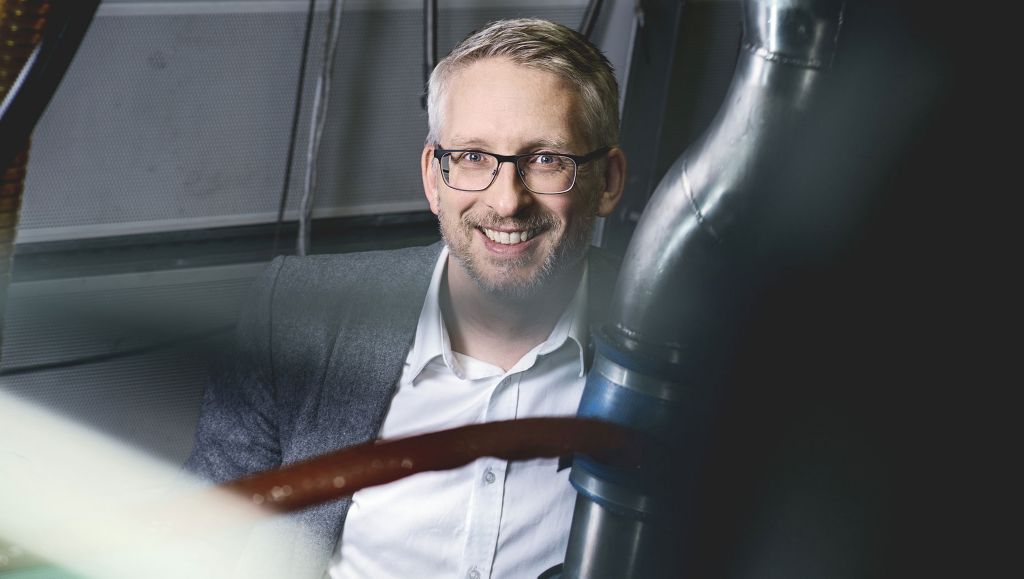There is no one single global solution


How is Volvo Trucks working to reduce the transport industry’s environmental impact?
“We live and work in a transitional period where we are moving from decades of dependence on oil to a society built on renewable fuels. As a vehicle manufacturer, we work on developing new technologies that are more resource-efficient than yesterday in terms of the entire truck life-cycle. This means that it is increasingly important to have close cooperation, not only between producers of biofuels, distributors and shippers, but also with the politicians. For example, we work with the UN to provide recommendations which include calls for increased international development funding, supportive legislation and incentives to promote new transportation technologies.”
Which fuels do Volvo Trucks believe in most when looking to the future?
“We do not think there is a single, global solution. Instead we will need to find alternatives at different times, in different parts of the world, and for different uses. Also, there are both advantages and disadvantages in all fuels. It is important not just to look at emissions while driving, but also the total life cycle. Having said that, there are solutions that we think are particularly interesting for various segments in the long term, such as gas-powered vehicles and electrification.”
We will need to find alternatives at different times, in different parts of the world, and for different uses.
Why isn’t there greater investment in electric power for long haul?
“At Volvo Trucks, in the current situation we are most convinced about electricity for city driving, though electrification also has great potential for the long haul segment in the longer term. Fully electric long haul will require a continuous supply of electricity, for example from electric rails in the road surface, when battery powered long-distance vehicles are not possible. As electrified routes require major society investment in infrastructure, this trend is likely to be one for further in the future. Nevertheless, we are carrying out testing. We need alternative solutions even now, and gas is an option that helps to quickly develop new products which provide major climate savings.”
Do you have any new developments going on in the gas industry?
“In 2018, we are launching a new gas truck for regional and long-haul transport. We have managed to increase the gas part of the truck to over 90 per cent, compared to our previous gas truck for EURO 5. The liquid gas also provides enough energy to be able to run up to 1,000 kilometres between tank refilling. This is thanks to the fact that it is not a traditional gas engine ignition with spark plugs, but a diesel engine where the gas is ignited by a small amount of diesel or HVO. This combines biogas climate benefits of the diesel engine’s performance, energy efficiency and drivability. Myself and my colleagues strongly believe in methane gas for long distance transport, where the fuel provides great potential savings to the environment in the form of low CO₂, while maintaining performance.”
A type of renewable diesel made from vegetable oils or animal fats that are chemically identical to fossil diesel.
Natural gas
A fossil gas that mostly consists of methane. Reduces CO₂ emissions by about 10-20 per cent compared to diesel.
Liquid natural gas (LNG)
LNG and Bio-LNG are natural gases or biogases that convert to liquid form for transport or storage.
Biogas
A renewable gas that mainly consists of methane. Produced by sludge waste-water and plants, but also from food waste, manure and organic residues. Can reduce climate impact by up to 80 per cent.
Renewable electricity
Electricity produced by energy sources that are rapidly renewed and infinite. For example the sun, wind, biomass and hydropower.